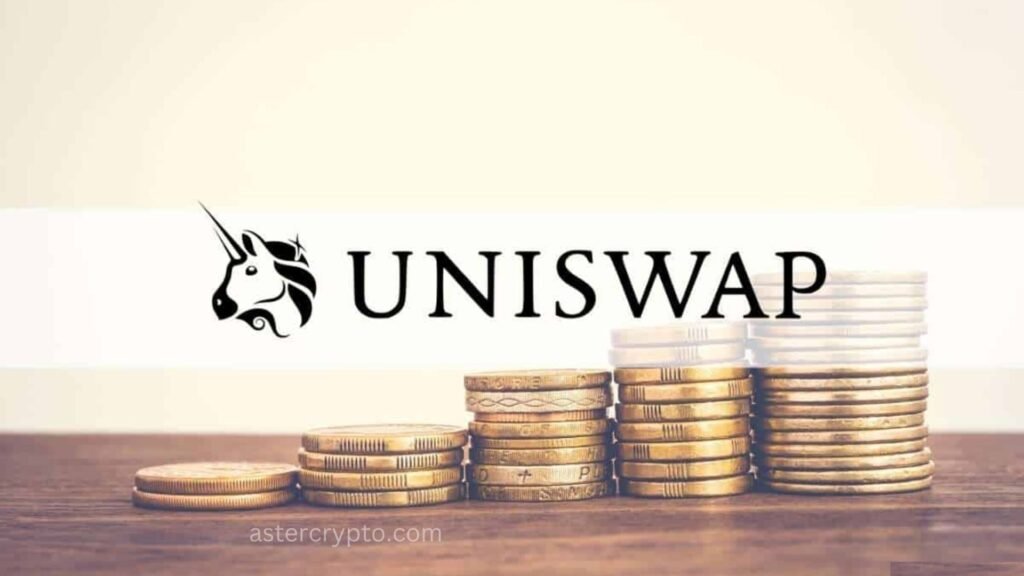The proposal to initiate protocol fees since Uniswap Flashes $41M Bankroll V3’s introduction, which is to be voted on by the Uniswap community, is bringing the decentralized exchange closer to a critical point. Token holders will vote on whether to switch on the free button in Uniswap V3 pools. From May 31, the platform will receive part of the embodied trading fees. Which can then be distributed to the UNI token holders who have delegated their governance tokens or staked.
Uniswap Foundation Gears For Decisive Governance Vote

The report about the Uniswap Flashes $41M Bankroll Foundation caused a major stir when it was released that a FORTY-ONE MILLION dollar worth of financial report was made public before the election. The foundation, which owns 730,000 UNI tokens and $41.41 million in other assets, has the tools to meet its regulatory goals. The news site brought out one of the report’s highlights, which is that $25.77 million of these monies will be used over the next two years for grants and operating expenses. Some members of the originally decentralized finance (DeFi) circle have also been impatient for a long time, waiting for the Uniswap V3 Money mechanism. Unlike what has consistently been the case with the platform, the new fee switch model offers an entirely different scenario.
Individuals who invest liquidity in Uniswap by depositing liquidity in liquidity pools get billed for leveraging liquidity. Fees become the property of these suppliers. It is said that after the fee switch, the token holders will be partaking in some income. This gives them (the users) a reason to participate in regulation mechanisms. Despite believing that the charge unveiling scheme will not damage the exchange’s liquidity, community opposition has foiled its implementation. The story cites Facebook and other sources to report that the last fund disbursement mechanism temperature check passes 7–5. The idea lacks enough support for an on-chain final vote.
Fee Mechanism Rollout Plan
Uniswap developers have smartly hinted that the pricing system will be gradually removed. All votes for the May 31 referendum have been cast and counted. However, they point towards a secondary upgrade that will be a more straightforward way of defining price settings, implying more operative and versatile community control. The protocol’s fee switch is necessary because, according to Uniswap’s historical data, the community pool funds receive $3.6 billion in transaction fees. This switch has the potential to change the lore behind economics and governance in the DEX platform. It will significantly change one of the leading decentralised clearinghouses cherished by the cryptocurrency nation.
The Securities and Exchange Commission (SEC) is part of the continuing regulatory reforms enacted annually by. The United States and after the Wells Notice, the SEC made headlines in the bitcoin market for costing Uniswap $41 million, which should be considered. The Wells Notice is an official letter from the Securities and Exchange Commission (SEC) to individuals or companies. It aims to notify the SEC officers that they have finished investigating the case and are considering it. Find out if you should advise the enforcement team to sue the suspected individual or company under investigation. The native token of the platform, a brand named UNI, underwent. The price dropped 1.4% to $11.16.16. After reaching $6.8 on May 15, UNI rose 58% in two weeks.
[sp_easyaccordion id=”2097″]

